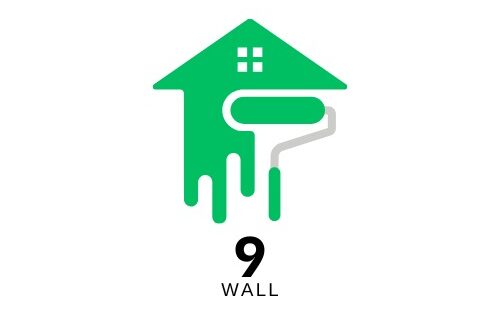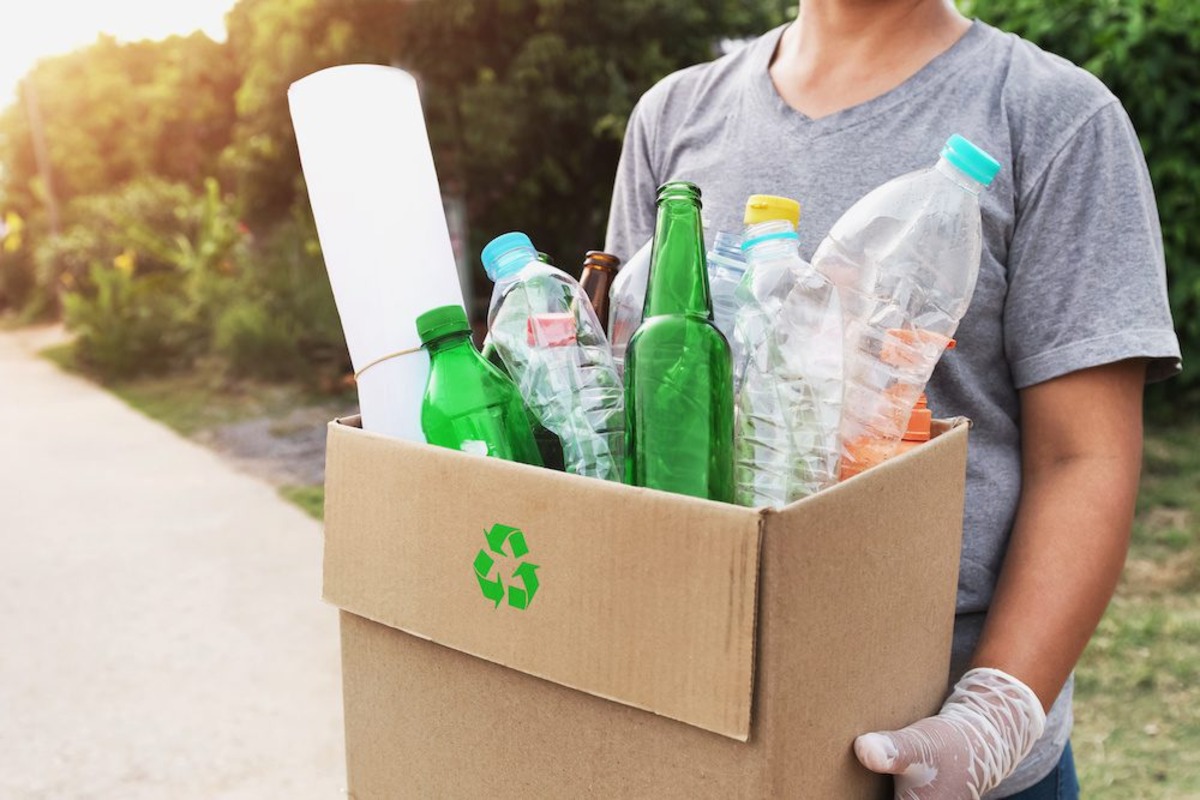Key Takeaways
- Learn practical methods to minimize waste efficiently at home.
- Understand the broader environmental impact of adopting waste-reduction habits in daily life.
- Discover easy-to-implement solutions that foster sustainable living and community well-being.
Table of Contents
- Introduction to Home Waste Reduction
- Benefits of Reducing Waste
- Simple Strategies for Waste Reduction
- Composting Basics
- DIY Cleaning Solutions
- Smart Shopping Tips
- Impact of Recycling on the Environment
- Creative Reuse Ideas
- Technology in Waste Management
- Smart Waste Solutions
- Encouraging Community Involvement
- Conclusion
Adopting a greener lifestyle at home starts with reducing waste through simple actions. Opt for reusable items over single-use products, practice composting to handle organic waste, and recycle materials like paper, glass, and metal. Mindful shopping, repairing items, and donating instead of discarding contribute to sustainability. These small changes collectively foster a more eco-friendly household.
Introduction to Home Waste Reduction
Adopting waste reduction techniques at home is a crucial step towards sustainability. Simple behavioral adjustments like reducing single-use plastics and repurposing household items can produce significant environmental benefits. These practices support a cleaner planet and reduce waste management costs. Each effort promotes a domino effect, encouraging others to follow similar procedures. Managing household waste is essential for environmental conservation and economic benefits in today’s fast-paced world. For instance, having access to efficient trash pickup in Houston, TX, can help streamline waste management in urban settings. A proactive approach to waste reduction can significantly reduce our environmental footprint, inspiring individuals, communities, and households to adopt sustainable practices. Understanding our everyday habits and implementing simple activities like composting or opting for eco-friendly products can lead to meaningful change. Making sustainable choices benefits the environment and promotes a healthier lifestyle. This article provides practical steps for a waste-free home, empowering individuals to make informed decisions that support a greener planet.
Benefits of Reducing Waste
Waste reduction offers multifaceted benefits that go far beyond environmental preservation:
- It alleviates the strain on landfills and reduces pollution, significantly lowering greenhouse gas emissions.
- Reducing waste is cost-effective; it helps you save money by minimizing unnecessary purchases and optimizing resource use.
- An atmosphere free of excessive garbage enhances mental health and raises one’s standard of living.
Reducing waste fosters a culture of awareness and conscientiousness as individuals recognize their impact on the planet.
Simple Strategies for Waste Reduction
Composting Basics
Composting transforms organic waste into nutrient-rich soil, making it an invaluable tool for gardeners and environmentalists. Installing a compost bin in your backyard or, for smaller spaces, a countertop can help keep large amounts of waste out of landfills. The process breaks down organic matter such as fruit peels, coffee grounds, and eggshells, turning them into compost that enhances garden soil. Engaging in composting not only reduces trash output but also decreases reliance on chemical fertilizers, creating a healthier natural ecosystem.
DIY Cleaning Solutions
Creating cleaning products is an excellent way to reduce chemical and packaging waste. DIY cleaning solutions from household items like vinegar, lemon juice, and baking soda provide a natural alternative to commercial products. These mixtures are effective and safer for the environment and your health. Reusing containers and minimizing packaging further reduce waste, highlighting the benefits of opting for eco-friendly living solutions.
Smart Shopping Tips
Mindful shopping can drastically decrease waste output by fostering sustainable consumer habits. Selecting products with minimal or recyclable packaging, buying in bulk, and using reusable bags significantly reduce waste. Moreover, supporting brands committed to sustainable practices can drive positive industry change. Check out this resource for more information on sustainable shopping and its global impact.
Impact of Recycling on the Environment
Recycling is a crucial element of waste management that minimizes pollution and conserves resources. By turning discarded materials into new products, recycling reduces the requirement for raw resources and energy usage. This practice significantly decreases the overall environmental footprint, showcasing the positive impact on both local and global scales. Up-to-date recycling statistics reveal how recycling is critical in sustaining our planet by reducing landfill waste and conserving natural resources.
Creative Reuse Ideas
Reusing everyday items creatively can extend their lifecycle, reduce waste, and promote sustainability. Transforming jars into stylish storage containers or using worn-out clothes as cleaning rags are just a few ways to repurpose items within the home. Engaging in creative reuse fosters innovation and reduces reliance on new products, minimizing consumerism’s environmental impact. Incorporating these ideas into daily life leads to a resourceful approach to managing household materials responsibly.
Technology in Waste Management
Smart Waste Solutions
Technology offers innovative solutions for efficient waste management. The advent of smart garbage bins, for example, assists in waste segregation and recycling efforts, ensuring that materials are disposed of appropriately. Additionally, apps that track waste and suggest sustainable alternatives provide individuals with tools to improve their waste management practices. Embracing technological advancements in waste management can significantly enhance the effectiveness and convenience of maintaining a sustainable lifestyle.
Encouraging Community Involvement
Community involvement can increase the impact of individual waste reduction initiatives by encouraging cooperation and a shared dedication to sustainability. Participating in local clean-up events or spearheading a neighborhood recycling initiative are effective ways to inspire collective action. Sharing knowledge and resources within communities encourages more residents to adapt to sustainable practices, creating an environment where ecological responsibility is a shared objective. By promoting community engagement, individuals can catalyze widespread change in attitudes toward waste reduction.
Conclusion
Implementing these strategies for waste reduction offers benefits that extend beyond individual households, positively impacting the wider community and the planet. Adopting simple yet effective practices contributes to the movement toward sustainability, ensuring a healthier environment for future generations. Though small, these changes can lead to significant improvements, nurturing a culture of conservation and environmental stewardship that transcends individual actions.





